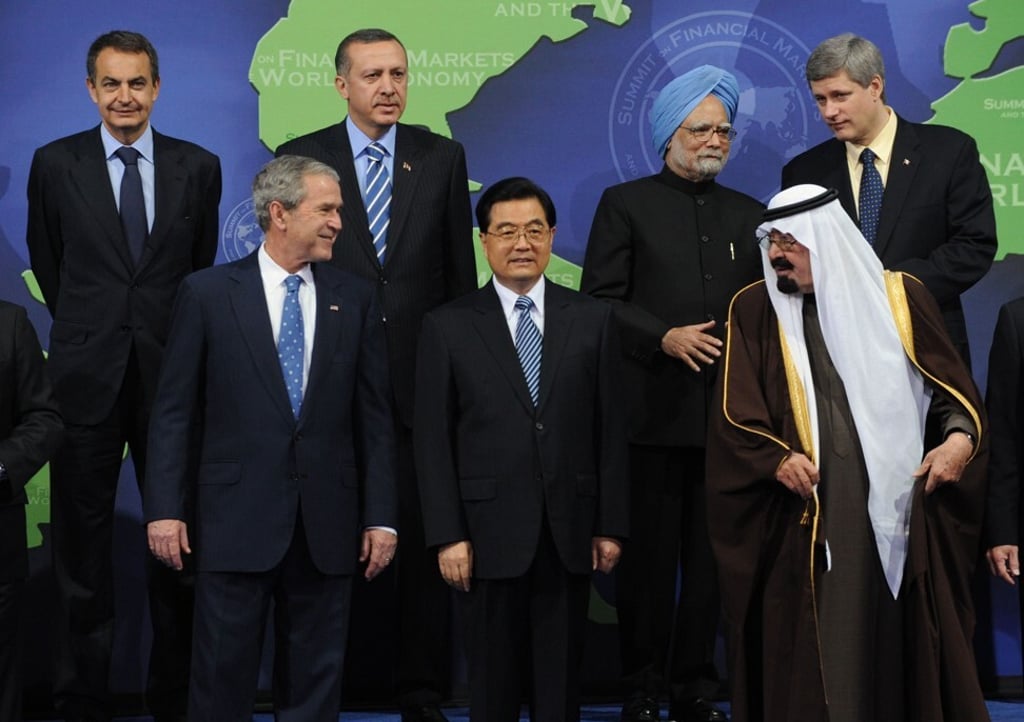Opinion | For the G20 to overcome Covid-19’s global health and economic challenges, four things must happen
- Asia-Pacific nations’ good record in managing their economies and the pandemic makes the region a natural leader to facilitate global recovery
- The G20 must convene soon after Biden takes office, coordinate global responses on vaccine roll-out and stimulus, drive economic governance reform, and refresh its commitment to combat climate change

As two of the region’s leaders around the G20 decision-making table during the height of the last global recession in 2008 and 2009, we understand the power of the institution in a crisis.
But after four years of the not-so-subtle degradation of the multilateral order under US President Donald Trump, and especially given his proclivity to see G7 and G20 summits as photo shoots for an “America first” foreign policy in action, it is easy to understand why many are ready to give up on the institution – including for having seemingly been missing in action on the current crisis.
This ignores a simple reality. Just as growth in the Asia-Pacific made the G20 indispensable a decade ago for the global economic recovery, this is likely to be the case again today. And just as it was then, this will be more important for America’s economic recovery than it will be for any other country.
This is something president George W. Bush could see when he first convened us in Washington in November 2008. It was something president Barack Obama also recognised when he brought us to Pittsburgh less than a year later. And it is something that President-elect Joe Biden will hopefully embrace, including as a key global pillar for his twin goals of dealing with the health and economic challenges posed by Covid-19.

To this day, no other institution brings together 90 per cent of the global economy, 80 per cent of global trade, two-thirds of the world’s population and has a balance of developed and developing countries, with representation from every major region of the world. To put that in context, the G7 represents only around 40 per cent of the global economy and remains at its heart a transatlantic gathering with only one representative from Asia.

